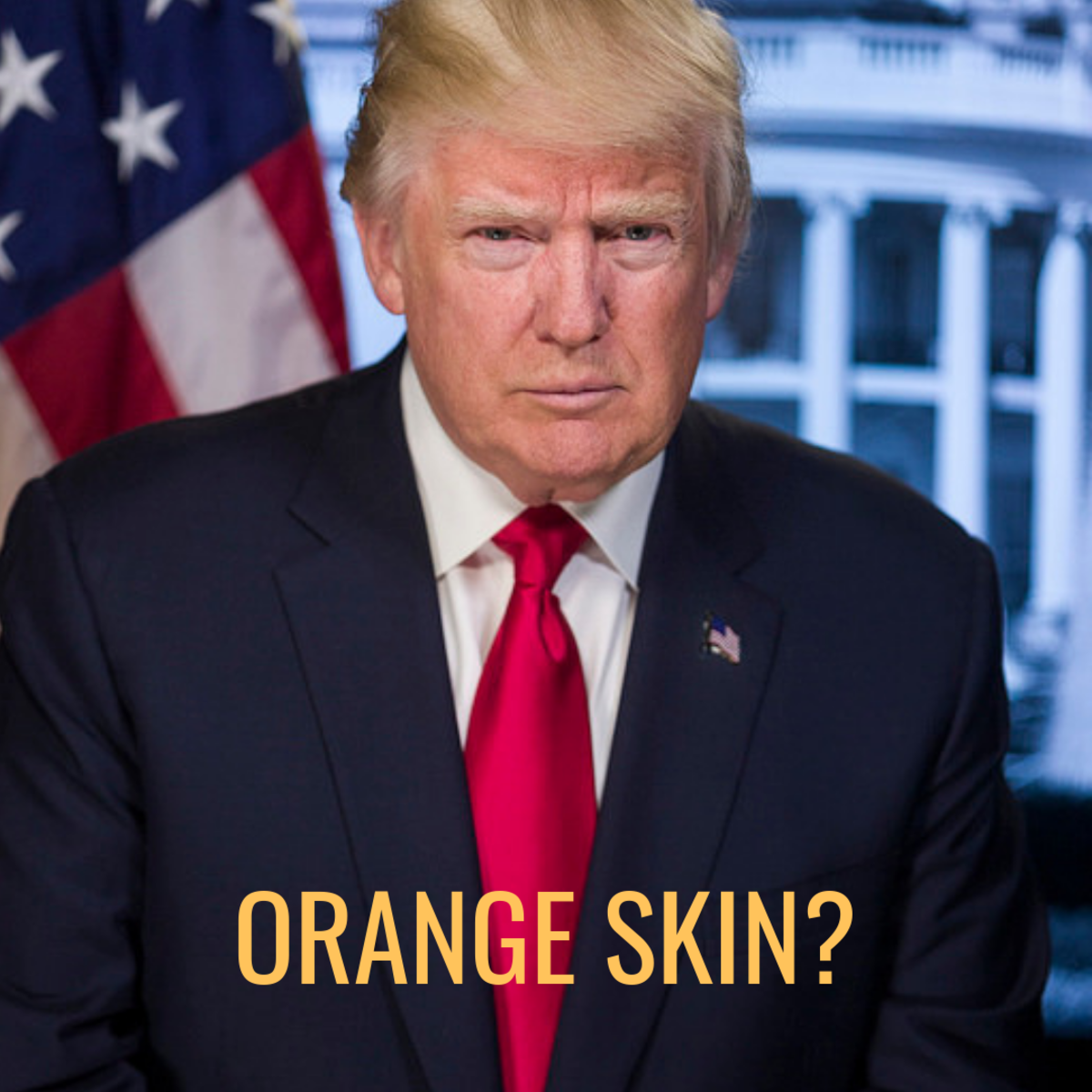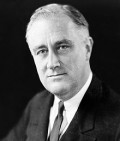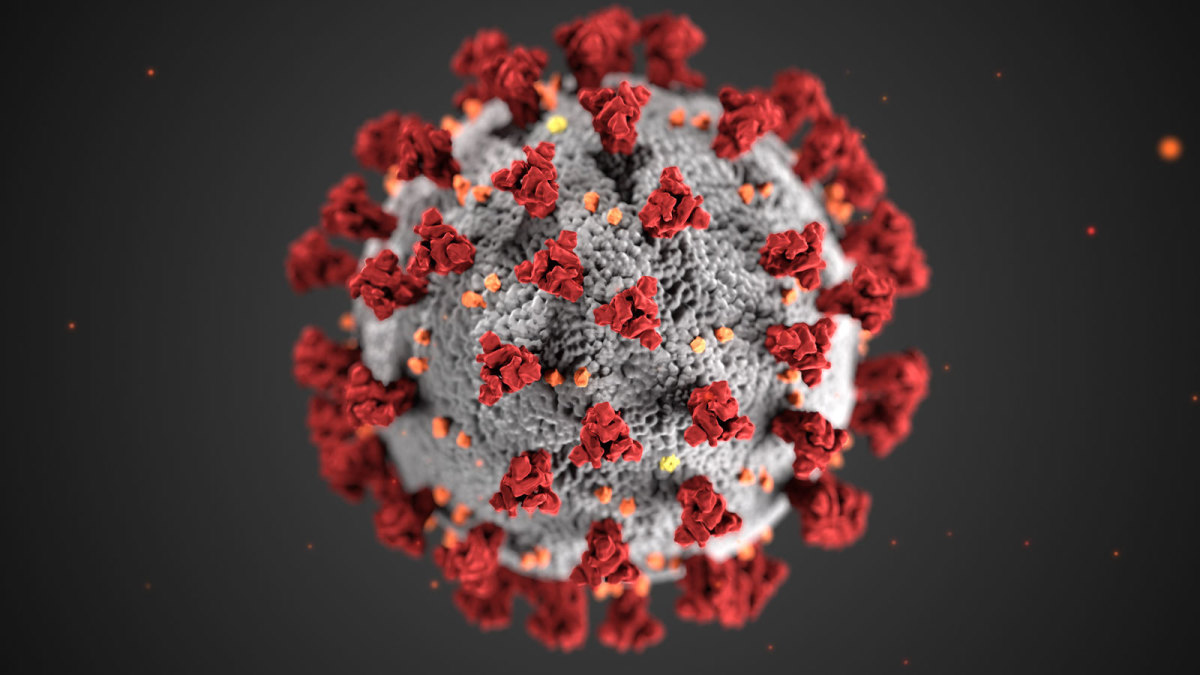George Washington- the Call of Duty
GEORGE WASHINGTON- THE CALL OF DUTY
While surveying the large (and growing ever bigger) field of presidential candidates for the 2016 election, one might wonder what is motivating them to run for the nation’s highest office. The by now rote “championing the middle class” is in every contender’s campaign bag. On the Republican side, lifting the country out of the socialist morass Obama and his minions have dragged it into seems to be a common theme. Ego cannot be overlooked as well, especially with Donald Trump ranting on every possible news show about our illegal immigration problem. The Donald might want to first ease up on the tanning bed hours, an orange hue to the skin does not exude health and vitality. No aspirant to the presidency in 2016, as far as I know, has said what our first Chief Executive, George Washington, would have responded if asked why he agreed to serve in 1788- out of obligation or duty to the United States.
Vietnam and the Watergate scandal of the 1960’s and 70’s understandably left many Americans extremely cynical about the presidency and politics in general. The conduct of our presidents and Congress since then has not done much to restore faith in the government. Thus to hear that someone wanted to serve from gratitude toward what the U.S. is and could be, sounds a bit corny and antiquated. That, however, is just what George Washington did. The fact the father of our country has mostly been lost in the mists of legend and marble statues does not help, it being mainly forgotten that he was very much a man with personal desires like everyone else.
The cynicism prevalent today naturally tends to be projected back into history to earlier eras. Some historians have accused George Washington of being an egomaniac, who lusted after power; first to command the Continental Army during the American Revolution, and then to be the first president. Of course, there were people in his own time who proclaimed the same sentiments about the gentleman farmer from Virginia. They might have been very surprised if aware of Washington’s true feelings. He had an ego, no doubt, and was not a little concerned about his reputation, just as every person in public life must be. It can be argued, however, that George attained his personal and professional goals by the age of 27, and would have been perfectly content to live out his life amidst the serenity of his Mount Vernon plantation. Only the call of duty could entice him away.
George Washington was born into the upper crust of Virginia society in 1732. His father’s untimely death in 1741, however, knocked George, his mother, and siblings down toward a more middle status- still well-off, but not quite in the top echelon anymore. Getting back to the highest rung became a major motivating factor for the young Washington. He had his older, half-brother, Lawrence, to emulate as a role model. Lawrence married into one of the richest families in northern Virginia, the Fairfaxes, and through his wife, came to own a piece of property along the Potomac River, named Mount Vernon, after a British Admiral he served under in a South American campaign. In addition, Lawrence achieved the unusual distinction for a colonial militia officer of receiving a commission as a regular in the British Army. To also obtain such a honor would be the second great objective in George’s life.
The opportunity to be named a British officer presented itself first. Using the Fairfax connection, Washington, at age 22, got appointed by Virginia Governor Thomas Dinwiddie to carry a message to French troops building a fort near the site of present-day Pittsburgh, Pa. It helped that the young George stood a strapping 6’2”, with enormous hands, whose presence filled up any room upon entering. The note said this land belongs to Virginia, kindly leave. The French were not impressed, despite the visitor’s size, and refused to depart. The French and Indian War broke out as a result. Washington served as a colonel in the Virginia militia for five years, 1754-59, during the conflict. His dream of becoming a commissioned officer in the regulars, however, never panned out. It would not be from a lack of trying.
Colonel Washington bombarded the governor, and any other person in authority with requests for what he considered his just dues, a posting in the British service. His letters, unfortunately, often took the tone of a petulant child’s whining. There were two things working against him. First, a deep-seated prejudice existed in the British military against colonial troops, whom they considered inferior. Second, Washington’s name was not associated with victory in the war. He surrendered his hastily-built and poorly sited FortNecessity, located close to the French’s FortDuquesne, after being attacked by a large force in 1754. He also served as an aide to General Braddock during that commander’s ill-fated murderous march in 1755, straight into a French and Indian ambush. George did garner some respect by extricating the remainder of Braddock’s soldiers from the massacre after the general’s death, and leading them to safety.
By 1759, Washington had become disgusted with the British military establishment, and abandoned hope of getting his desperately sought commission. Resigning from the Virginia militia, he decided to take up the peaceful pursuits of farming. Having gained ownership of Mount Vernon after the deaths of his brother Lawrence and sister-in-law, he wished to enliven the empty home with a bride. George married Martha Dandridge Custis that same year, and not only filled the house as she brought two children with her, but also accomplished the goal of returning to Virginia’s highest ranks. Martha was one of the wealthiest women in the colony, causing naysayers then and now to snicker Washington only took her for the money, or as John Adams caustically remarked the father of our country owed all his subsequent fame to wedding a rich widow. Marriages with an eye toward social advancement were extremely common at the time, but George and Martha’s long and happy union seems to belie the notion they coupled just for status.
At age 27, George Washington had attained the pinnacle vigorously pursued. He settled comfortably in the role of planter aristocrat- dutiful husband who raised Martha’s children as his own; overseeing his vast acres; serving in the House of Burgesses, becoming a deacon at his local church. The end of the French and Indian War in 1763 started the trouble between Mother Country and the 13 colonies. Britain wanted assistance paying for the struggle, which the colonists did not object to in theory, but they desired a say in what taxes were to be levied. That became the rub, a decade long argument between the two sides which resulted in another conflict. Washington followed the growing dispute closely, and though not an active leader at first, supported the colonists’ cause. As he commented, “I think the Parliament of Great Britain hath no more right to put their hands into my pocket, without my consent, than I have to put my hands in yours for money.”
When King George III and Parliament refused to compromise with the colonies, Washington came to feel armed resistance might be the colonists only recourse. That belief motivated him to wear his old militia uniform when asked to attend the Second Continental Congress in early 1775. Critics charge he was grandstanding, pushing himself forward to command the colonial forces once fighting broke in April at Lexington and Concord. Perhaps donning military attire for over 50 straight days could be construed as a bit much, but one might question what George supposedly yearned to lead. Congress had yet to create a national army, many thinking the individual state militias would be sufficient to handle the expected combat. Once they did, these amateur troops had to face the best and most professional military, along with the largest navy, in the world. Only someone with a death wish could be jumping up and down to direct such a fool’s errand. George Washington wore his militia outfit to show he would serve his country if needed, whatever role that might be. Duty demanded it.
Washington expressed reservations about accepting command of the Continental Army, which some interpret as false modesty, but he understood exactly what the colonies were up against. Yet he did not refuse the assignment. His actions during the long struggle for independence from 1775 to 1783 were always guided by sacrifice and a sense of responsibility. In those 8 years, George only saw his home once, for a brief visit on his way to entrap Lord Cornwallis at Yorktown in 1781. Compare that to our current and previous president in their roles as commander-in-chief in the midst of two wars. How many vacations were taken? Not to say they should never take a break, but what kind of a message does it send to the troops fighting for their lives overseas when their leader is constantly at his ranch or playing golf? Washington’s men grew to respect him greatly, because he never left them, even during the worst winter encampments, such as the infamous Valley Forge. In addition, George refused to draw a salary during the war, only asking that Congress provide reimbursement for any expenses incurred by him and his staff. Washington spent $65,000 of his own money, obviously a much larger figure in today’s terms, and kept such exact records, Congress discovered at conflict’s end he had shortchanged himself 1 dollar.
The military always being subject to civilian authority has been taken for granted in the United States, but the concept almost imploded several times during the American Revolution. The infinite patience of George Washington, along with his feeling of obligation toward the nation and democratic government prevented it from happening. The ineffectual Congress could not tax to raise money, but only ask the states for assistance, with very little forthcoming. Washington often watched helplessly as his soldiers starved or froze to death due to lack of food and proper clothing, while he bombarded the Congress continually with pleas to please do something to relief their suffering. There were calls for him to seize the reins of power from the weak Congress, and become a dictator. He adamantly refused, knowing a free government could not survive if the army took over even temporarily. George also quashed a movement among his top officers to march on Philadelphia, demand their back pay by bayonet point, and disband Congress if necessary. In a final act, that most in Europe, especially King George III, could scarcely comprehend, Washington appeared before the Congress in December, 1783, to resign his commission as commanding general, and return to private life. By so doing, he spared the U.S. from the possible specter of military dictatorship and tyranny, something which haunts so much of the world today.
Washington announced he intended to stay retired from public service, leaving the running of the country to others. In 1787, events conspired to end George’s role as a mere spectator. The government under the Articles of Confederation teetered upon collapse, needing a major overhaul, if not being dumped on the scrap heap, to be replaced by a completely new system. The Constitutional Convention called for that spring in Philadelphia faced a daunting job, and the presence of America’s preeminent citizen, George Washington, was deemed essential. Washington expressed reluctance at attending, after having publicly pledged to remain in retirement. He also doubted the convention would be taken seriously unless other influential men participated as well. That word duty, however, got in the way again, with the result that George presided as chairman during the 5 month deliberations that produced the U.S. Constitution.
The convention’s handiwork eventually required George to answer the nation’s summons one last time. The Constitution established a completely new office, the presidency. While debating what powers the president should possess, the delegates undoubtedly glanced often at the dignified man sitting in the front of the room. Most expected he would be the first to occupy the Executive chair, and thus provided the presidency with considerable strength. That knowledge also helped secure ratification of the Constitution by the states, the people implicitly trusting their revered general. With the first presidential election scheduled for 1788, Washington once more wrestled with the dilemma of foregoing the comforts of Mount Vernon to accept a position he questioned having the abilities to carry out. We know what won out. His trepidation was such that he even discussed with advisors the possibility of only serving two years, not a full term of four which the Constitution mandated, just long enough to get the government on its feet, before heading back home.
George Washington, of course, endured two full terms, 8 years, as president, although that had not been his original wish. He actually prepared a farewell address at the conclusion of his first 4 years, before his frantic Cabinet convinced him to stay on. A bitter irony became that the two members most persuasive in arguing the country could not yet do without him, Secretary of the Treasury, Alexander Hamilton, and Secretary of State, Thomas Jefferson, both left the government after the start of the second term, leaving George holding the bag. To add insult to injury, Jefferson’s supporters, with his encouragement, attacked the president in the press. A major criticism being Washington desired to make himself a king, clinging to power for life. The father of our country could only have shaken his head ruefully, while trudging on. America would be eternally grateful that he did. George Washington finally got to return to the place he never wanted to leave in March of 1797. He died at Mount Vernon on December 14, 1799. It might not hurt the presidential candidates of 2016 to look at his example, and take it to heart. The United States can only benefit.



